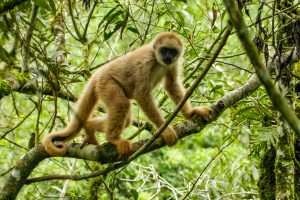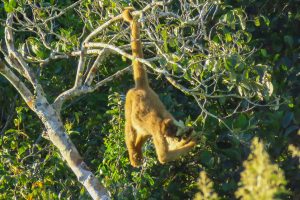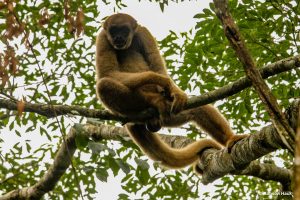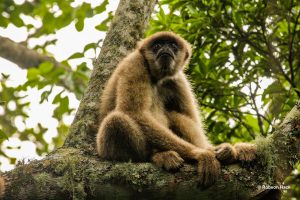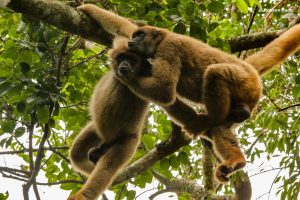NPC was set up in order to promote the conservation of Neotropical forest habitat and wildlife through various means. These include: land protection, research, improvement of degraded habitat for wildlife, creation of public awareness, and facilitation of the commercialisation of sustainable, ecological products on behalf of local people. Since 2007 NPC has been using primates as “flagship species” for community conservation projects.
We aim to create private and community-run reserves that will protect major areas of the natural biological corridors connecting existing protected areas. This will ensure long term habitat protection for our flagship species and all wildlife that shares their habitats. Through this work we help local communities strengthen their stewardship of nature as well as protect their traditional and cultural identities, benefiting both humans and the environment. To this end, we run many low-cost projects that have already proven successful, and we use our experiences to promote efficient conservation globally.

